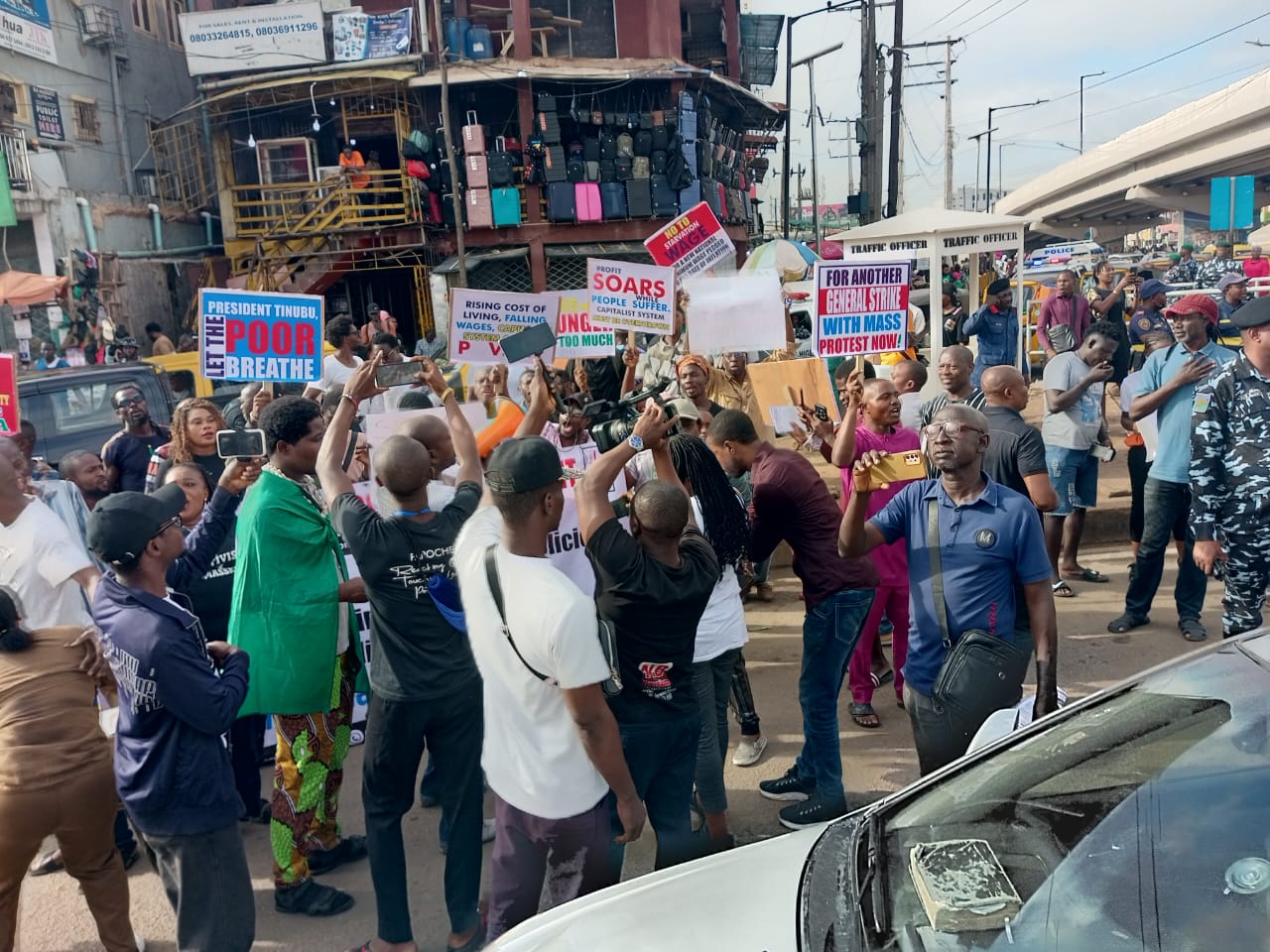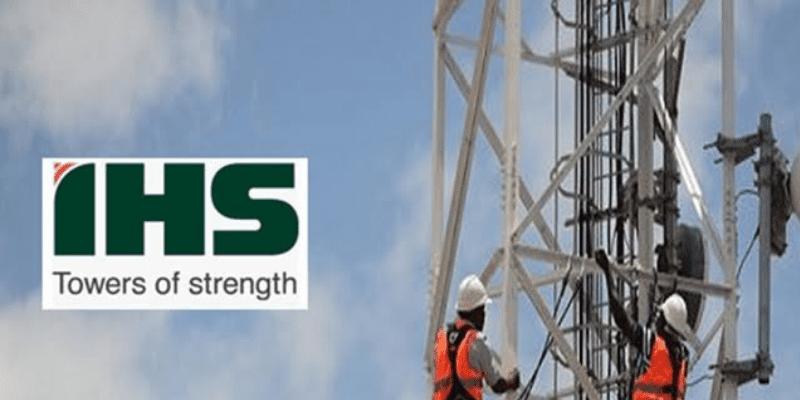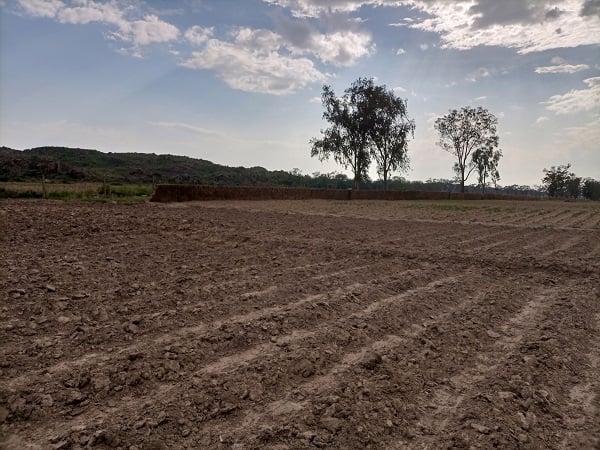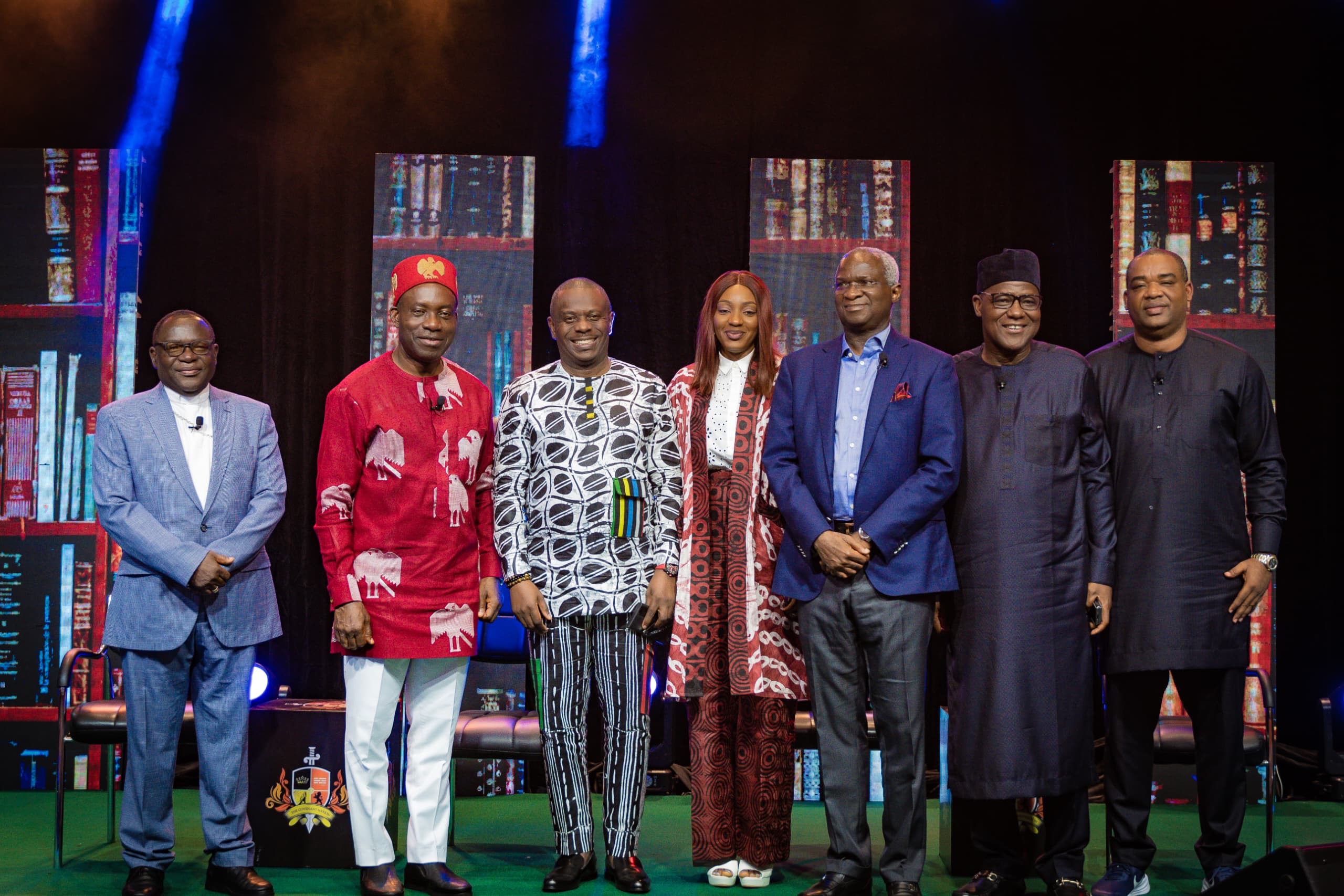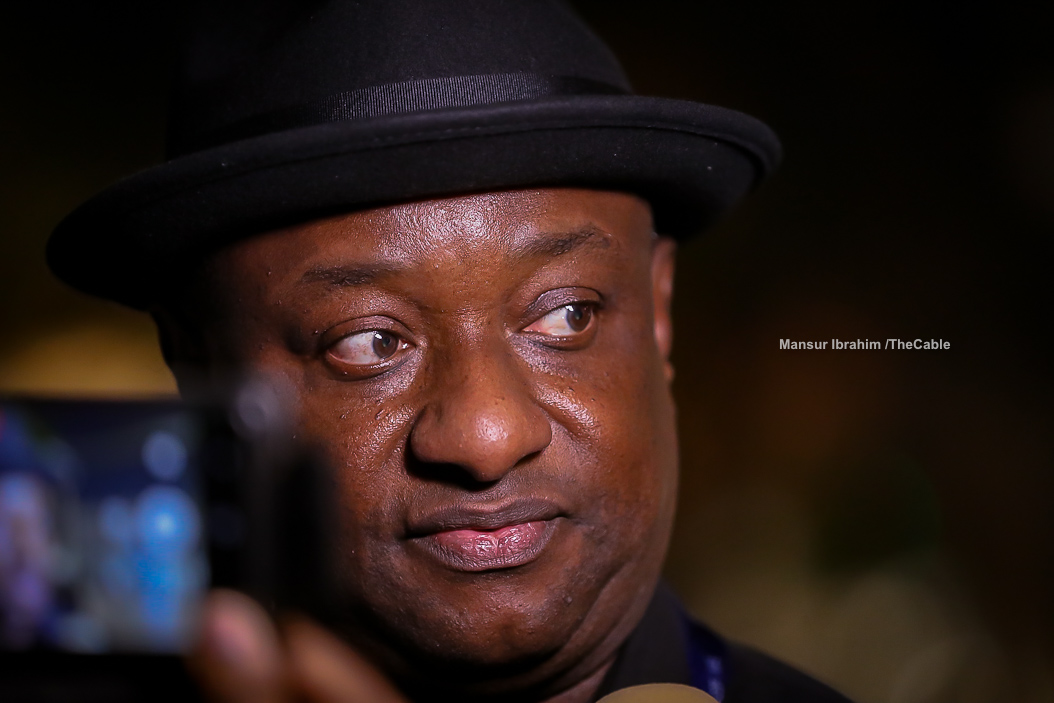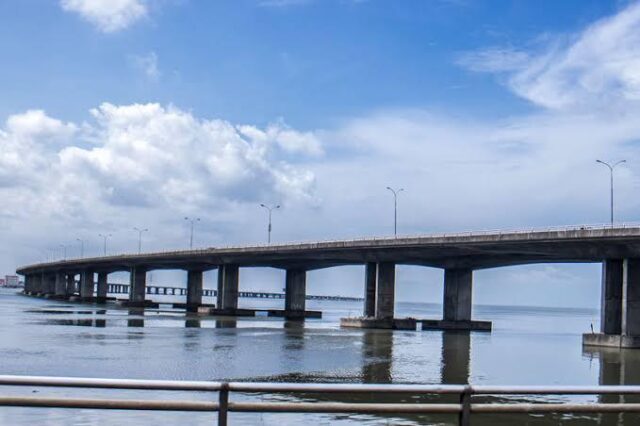BY AJIBOYE AMOS OLAKUNLE
As Nigeria marks Democracy Day, a group of concerned citizens gathered to protest the dismal state of affairs in the country. While their enthusiasm is commendable, it is essential to recognise that a one-day protest is merely a scratch on the surface of the deep-seated corruption and misgovernance that has plagued Nigeria for decades.
Since the return to democracy in 1999, Nigeria has been plagued by a vicious cycle of corruption, impunity, and poverty. Politicians have perfected the art of looting public funds, manipulating elections, and maintaining a stranglehold on power. The result is a country with vast resources but dismal living standards, crumbling infrastructure, and a people perpetually trapped in poverty.
The truth is that corruption in Nigeria is not just a problem of individual politicians but a systemic issue deeply ingrained in the political architecture. It is a hydra-headed monster that requires a sustained and structured approach to dismantle.
Advertisement
History of corruption
The roots of corruption in Nigeria can be traced back to the military era when lootings and embezzlement became the norm. The return to democracy in 1999 brought new faces but the same old practices continued. Politicians and government officials have consistently manipulated the system to enrich themselves and their cronies.
The Olusegun Obasanjo administration (1999-2007) was marred by corruption scandals, including the infamous Halliburton bribery case. The Umaru Musa Yar’Adua administration (2007-2010) was marked by a lack of political will to tackle corruption, while the Goodluck Jonathan administration (2010-2015) was notorious for its reckless looting of public funds.
Advertisement
The administration of Muhammadu Buhari (2015-2023) made some efforts to tackle corruption but has also been criticised for its selective approach and failure to address the root causes of corruption. The present regime of President Bola Ahmed Tinubu has witnessed more outcry, hunger and hardship. The people have expressed more disappointment even though he’s just a year in office.
Why one day protest is not enough
While protests are an essential tool for expressing dissent and demanding change, a one-day protest is insufficient to correct decades of corruption and misgovernance. Corruption in Nigeria is a deeply entrenched problem that requires a sustained and structured approach to dismantle it.
A one-day protest may generate some publicity and temporary attention but it will not bring about the fundamental changes needed to transform Nigeria’s political and economic landscape.
Advertisement
What is needed
To bring about real change, Nigerians must adopt a more structured and intentional approach. This includes:
• Building a broad-based coalition of civil society organizations, labour unions, and community groups to coordinate protests and advocacy efforts.
• Developing a clear and concise set of demands that address the root causes of corruption and misgovernance.
Advertisement
• Engaging in sustained protests and advocacy efforts over an extended period to keep the pressure on politicians and government officials.
• Supporting and electing credible and accountable leaders who are committed to transparency and good governance.
Advertisement
• Building a culture of activism and civic engagement that encourages Nigerians to demand their rights and hold leaders accountable.
As Nigerians mark Democracy Day, it is essential to recognise that a one-day protest is merely a starting point. To correct decades of corruption and misgovernance, Nigerians must adopt a more structured and intentional approach that includes building a broad-based coalition, developing clear demands, engaging in sustained protests, supporting credible leaders, and building a culture of activism.
Advertisement
Only then can we hope to build a Nigeria that is truly democratic, prosperous, and just for all.
Ajiboye Amos Olakunle can be reached via [email protected]
Advertisement
Views expressed by contributors are strictly personal and not of TheCable.
Add a comment
